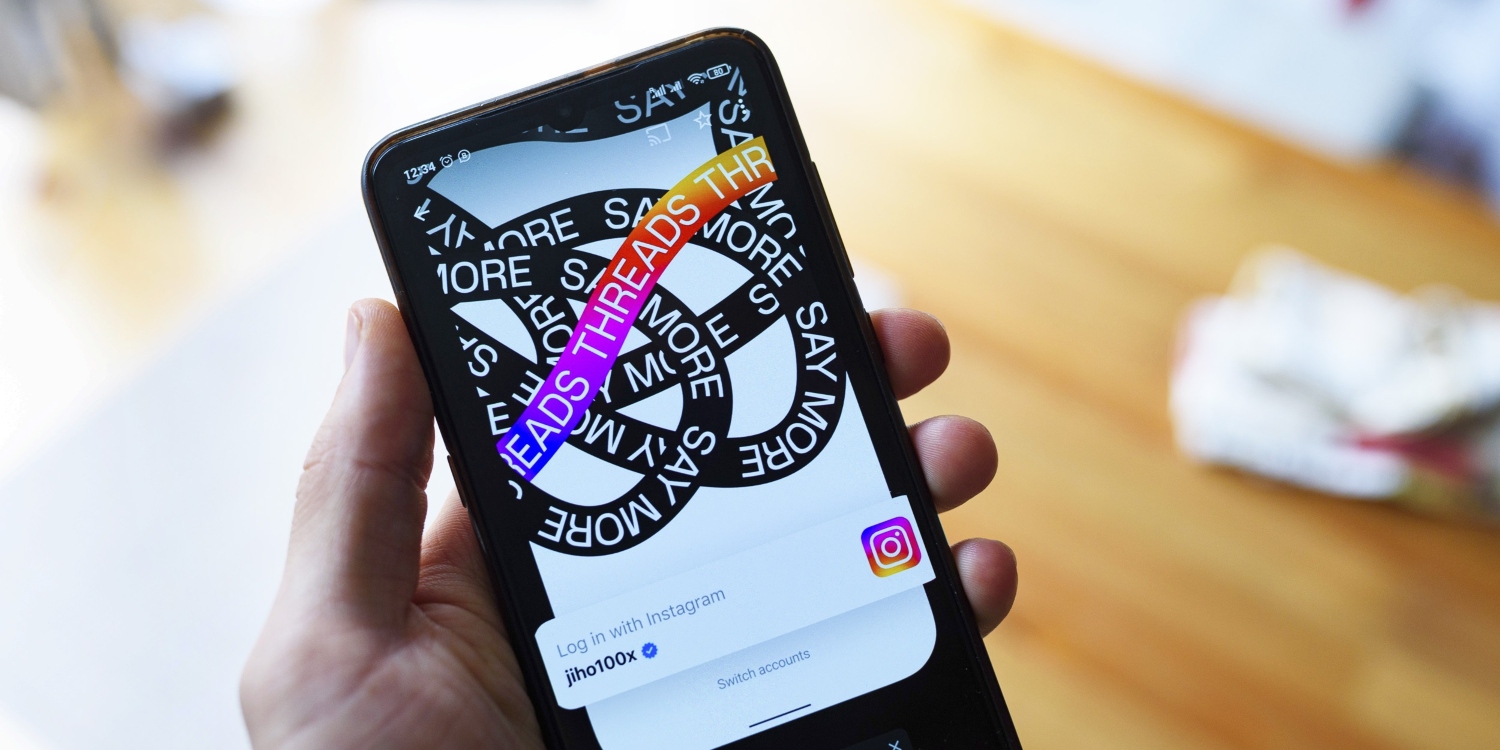Meta’s newest text conversation platform, Threads, has achieved unprecedented success since its launch, surpassing ChatGPT’s record. Designed as a companion to Instagram and a direct competitor to Twitter, Threads gained immense popularity among users, and two hours after its release, Mark Zuckerberg shared on Threads that the app already had over 2 million sign-ups.
Threads Is Meta’s Competition to Twitter

Threads’ user count soon skyrocketed to an astonishing 70 million users, indicating a remarkable level of interest and adoption. Zuckerberg expressed his vision for Threads, stating that it aims to provide a welcoming and vibrant public space for conversations. By leveraging Instagram’s strengths, the platform seeks to create a fresh text-based experience, fostering discussions on various topics and encouraging users to share their thoughts and ideas.
The surge in demand for alternatives to Twitter can be traced back to Elon Musk’s acquisition of the platform in October 2022. Since then, Twitter introduced controversial changes that have alienated some of its user base, prompting individuals to explore alternative options. One of the changes that sparked widespread criticism was the introduction of Twitter Blue, a paid subscription option offering a blue checkmark for profiles and early access to new features. Previously, blue checkmarks were granted to notable and verified accounts at no cost. This alteration led to an influx of fake accounts flooding the platform, causing chaos and confusion among users.
Twitter Had Problems

In response to the growing problems, Elon Musk announced a temporary cap on the number of tweets users could view, a surprising move that quickly generated attention. The platform also briefly restricted tweet visibility for non-signed-in users before swiftly reversing the decision. Nevertheless, Twitter has an extensive user base surpassing 350 million users and remains in its longstanding position as a preferred platform for sharing ideas, mobilizing social movements, and rapidly disseminating information.
Desmond Patton, a researcher at the University of Pennsylvania, who specializes in Twitter, emphasized the platform’s unique qualities. According to him, Twitter allows individuals without political or monetary power to share stories through various media formats, engage with others locally and globally, and archive their digital history, which he also described as an extraordinary set of capabilities.

Recently, Twitter threatened legal action against Meta, accusing the company of misappropriating Twitter’s trade secrets and hiring former Twitter employees who might possess confidential information. However, Meta spokesperson Andy Stone swiftly dismissed these allegations, asserting that none of the Threads engineering team comprises former Twitter employees.
Despite efforts by platforms like Mastodon and BlueSky to capitalize on the demand for alternatives, they have so far struggled to amass a comparable user base to that of Twitter. Meta’s Threads, with its impressive growth and unique approach, appears poised to provide a compelling alternative to users seeking a fresh and engaging text-based conversation platform.